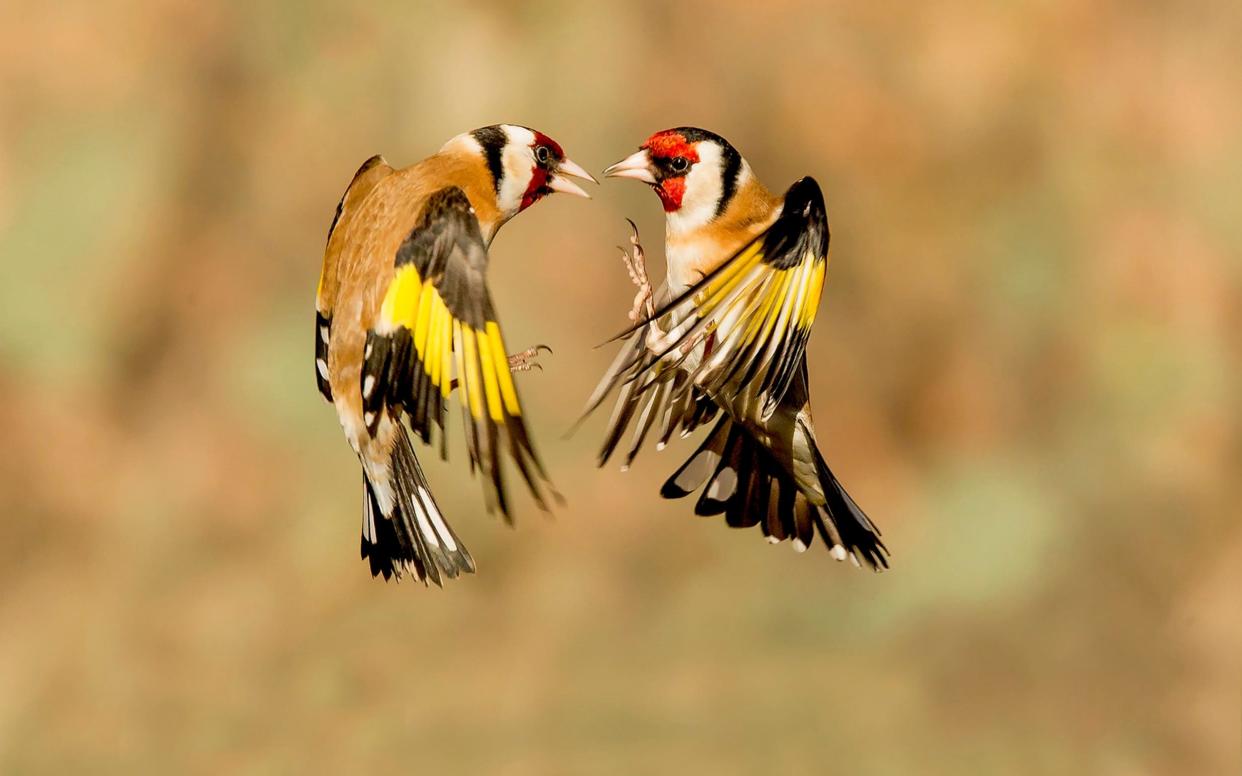Wikipedia could provide early warning for species extinction

The early warning signs that a species is becoming extinct is more likely to come from Wikipedia in the future than scientific research, the results of a new study suggest.
Scientists at Oxford University have discovered that viewing figures for wildlife-related pages on the online encyclopedia closely resemble activity levels in the real world.
They analysed 2.33 billion page views spanning nearly three years across 31,715 separate species.
The results showed that species which are highly seasonal, such as the American goldfinch or certain types of flower, coincide with clearly discernible spikes in Wikipedia searches during periods of abundance in a given area.
It means a dip in searches for a particular species one year compared to the last could act as an early indication that fewer of them are thriving in the wild.
John Mittermeier, who led the research, said: "People are becoming increasingly detached from nature and as a result we didn't really expect their activity online to respond to patterns in the natural world.
"To see that online activity often correlates strongly with natural phenomena suggests that people are paying attention to the world around them, and from a conservation perspective that is really exciting."
Published in the journal PLOS Biology, the study also found that different language editions of Wikipedia show different seasonal patterns.
Pages written in languages mostly spoken at higher latitudes, such as Finnish or Norwegian, had more seasonal interest in species than Wikipedia editions in languages mostly spoken at lower latitudes that are less seasonally marked, such as Thai or Indonesian.
The researchers said another advantage of analysing search data would be gaining a better insight into which wildlife causes are of interest to the public, and therefore which conservation fundraising appeals are most likely to work.
Richard Grenyer, Associate Professor of Biodiversity and Conservation at Oxford, said: “By using these big data approaches we can begin to shortcut some of the more difficult problems, and cut to the core questions in modern conservation: how is the world changing, for which species is it changing the most, and where are the people who care the most and can do the most to help."

